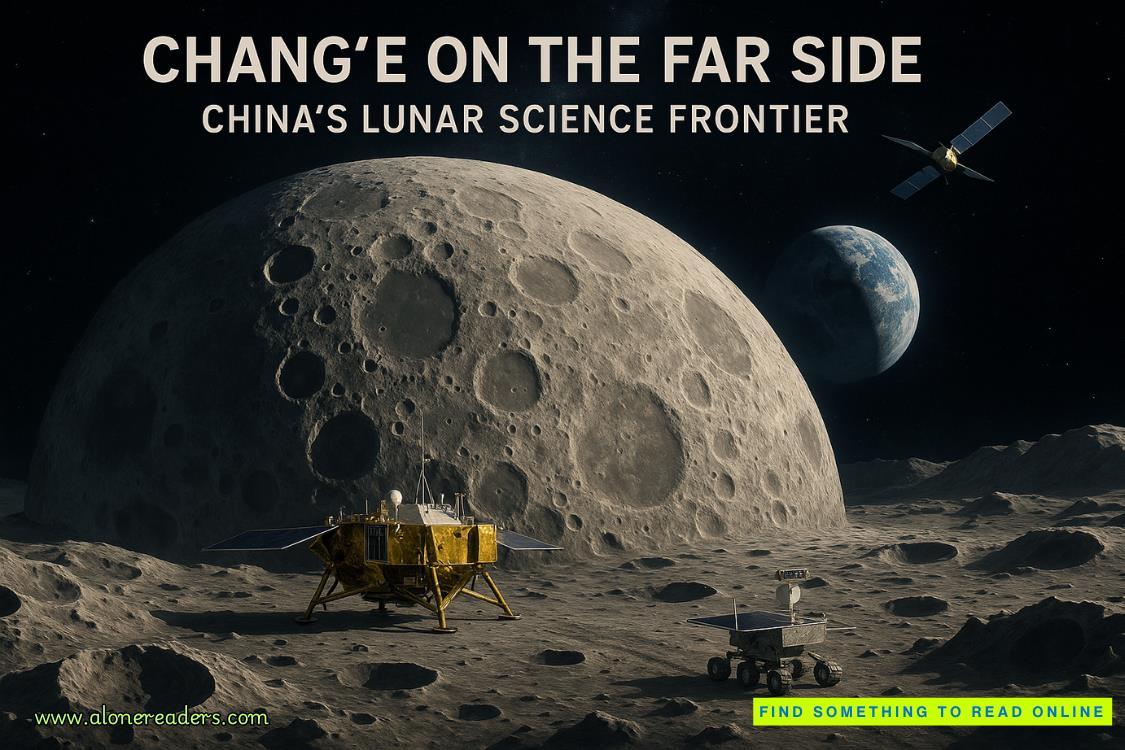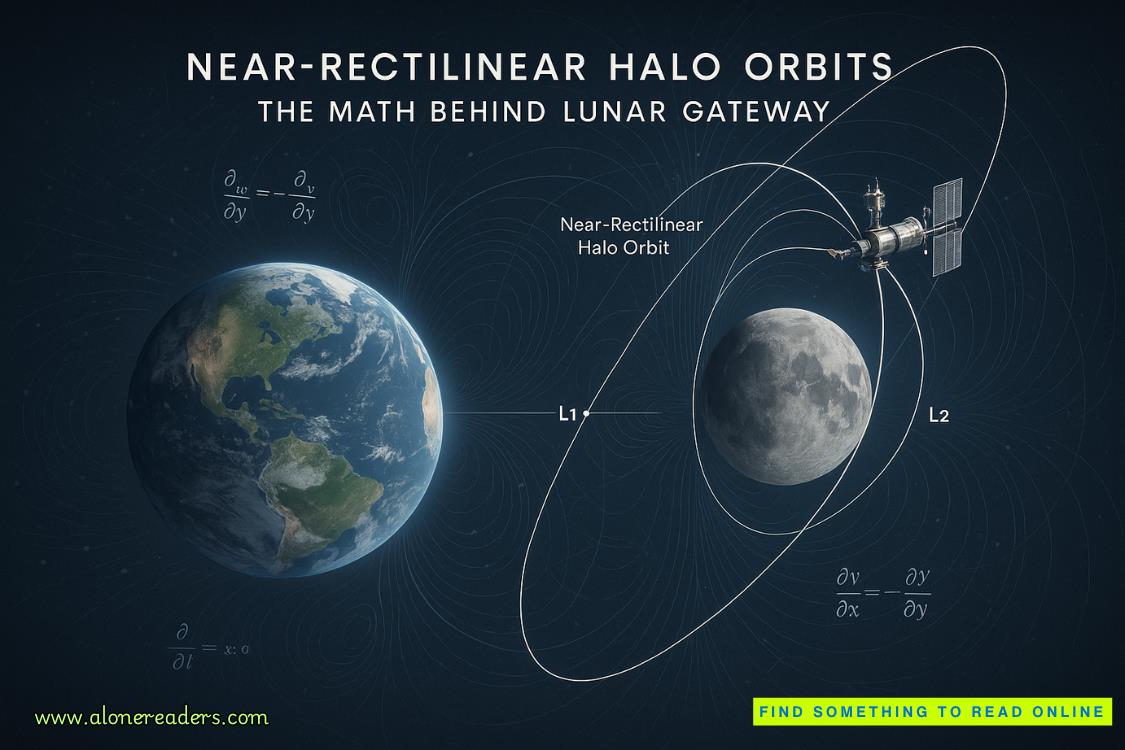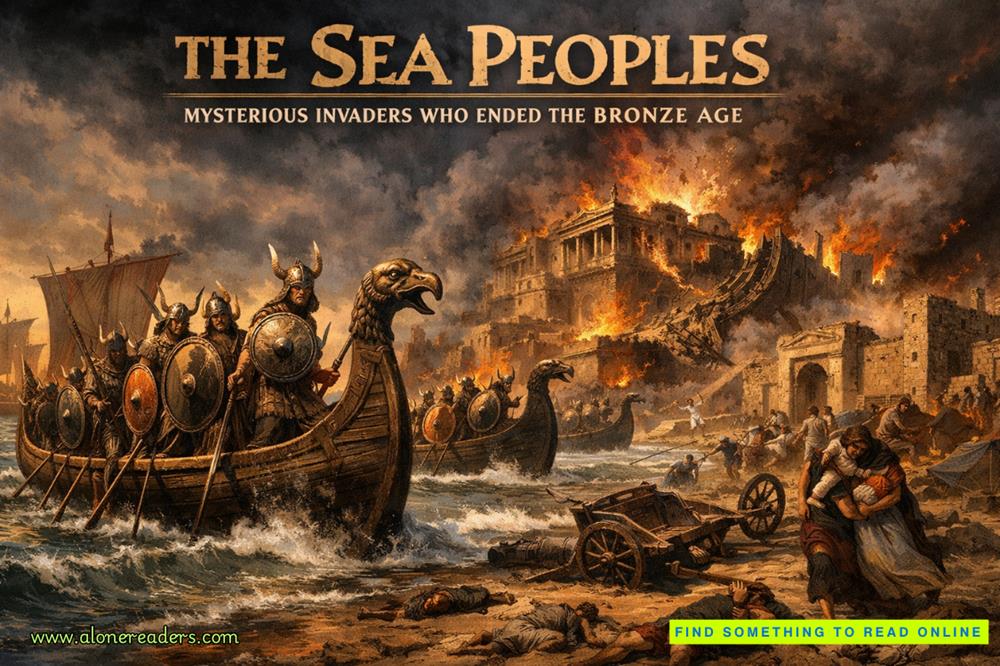Marcus opened his door and rendered all of it useless.
He stood in the entryway wearing old blue jeans and a faded Seattle Fire Department shirt, barefoot, hair still damp from what must have been a punishing workout given the rigid set of his shoulders. His apartment reflected the same spartan efficiency as his locker—he'd arranged everything with military precision.
"I was going to call." His voice rasped with the edge of too many hours pushing too hard. "The training log. There's something—" He raked a hand through his hair, leaving it standing in sharp spikes. "Just get in here."
The air smelled faintly of coffee while protein shake containers lined the kitchen counter, their contents suggesting he'd been eating liquid meals. A pharmacy's worth of supplements stood in precise rows—electrolytes, amino acids, recovery formulas. The labels faced forward with parade-ground precision.
From a Bluetooth speaker in the corner,Springsteen's voice filled the room, that unmistakable mix of grit and longing. I recognized the song—"Thunder Road."Not just a classic, but one of those songs that oozed promise, all open roads and restless hearts.
I wouldn't have guessed Marcus for Springsteen, but the more I thought about it, the more it fit.A song about staying and leaving all at once, about pushing forward even when you didn't know where the road would take you.
I filed that away with everything else I was learning about Marcus McCabe.
He paced the length of his living room, each turn precise as a lap count. The coffee machine's carafe sat empty beside a cluster of used cups, telling its story of sleepless hours.
"You want proof this is personal?" He thrust a leather-bound notebook at me. "Found this in my gym bag after training. They're not only watching anymore. They're—" His jaw clenched. "Just read it."
The notebook's pages documented obsession in carefully logged sets and splits, each entry annotated in red ink. Margin notes dissected every aspect of Marcus's technique.
I moved to his kitchen table, spreading the pages where better light illuminated the meticulous record-keeping. My fingers traced each entry without touching the paper, noting the precisepressure variations in the written strokes. It was a researcher's habit—analyze the evidence, find the pattern, maintain objective distance.
Marcus kept pacing—three steps, pivot, three steps back. The rhythm matched his regular running cadence but was tighter, constrained by walls and the weight of being watched.
"They've documented every training session." My academic voice emerged automatically, a shield against how his movement drew my eye. "The notations about form and technique suggest someone with extensive athletic knowledge, but these anatomical references—" I paused at an exceptionally detailed description. "This is medical terminology. Advanced kinesiology."
"Skip to the end."
The final pages abandoned any pretense of clinical observation. The writing grew aggressive, with deeper pressure on the paper.
"Subject maintains perfect discipline despite obvious fatigue. The way pain reshapes his movements transcends mere athletic performance. Soon he'll understand how fire strips away everything but essential truth."
"Marcus." I set the notebook down. "You need to stop—"
"Training? Racing? Breathing?" He barked out a laugh devoid of humor. "They're in my head now. Every lap, every mile, I feel them watching. Analyzing. Taking notes on how I move through water and air like they own—" He slammed his palm against the wall. The impact resonated throughout the room.
I crossed to him before I could stop myself. "You're bleeding."
He glanced at his hand as if surprised to find skin split across his knuckles. "It's nothing."
"It's not nothing." I caught his wrist, and my professional mask slipped as I examined the injury. His pulse hammered against my fingers. "You're running yourself into the ground."
"I need to be ready. Need to be stronger, faster—"
"You need to rest." My thumb brushed his pulse point without conscious intent. "Your form is deteriorating. I see the compensation patterns in your left shoulder, the way you're favoring—"
"Don't." He jerked away. "Don't analyze me like they do."
"Then tell me what you need." The words escaped before I could filter them through professional distance. "Because watching you destroy yourself isn't—"
"What do I need?" His laugh was jagged and bitter. "I need to know why they chose me. Why they're turning everything I've built, everything I am, into their sick artistic statement. I need—" He broke off, dragging both hands through his hair. "I need this to make sense."
The analytical part of my brain noted his signs of stress—pupils dilated, breathing irregular, muscles coiled tight enough to snap. The rest of me ached to grab his shoulders and force him to relax.
"Sometimes patterns don't make sense." My voice was hoarse. "Sometimes we miss what's right in front of us because we're too focused on the evidence."
"James—"
"I was so focused on the evidence at Harrison Gallery that I didn't see the human behind it. Caroline burned because I was too careful. Because I couldn't step away from the science long enough to see the truth."















